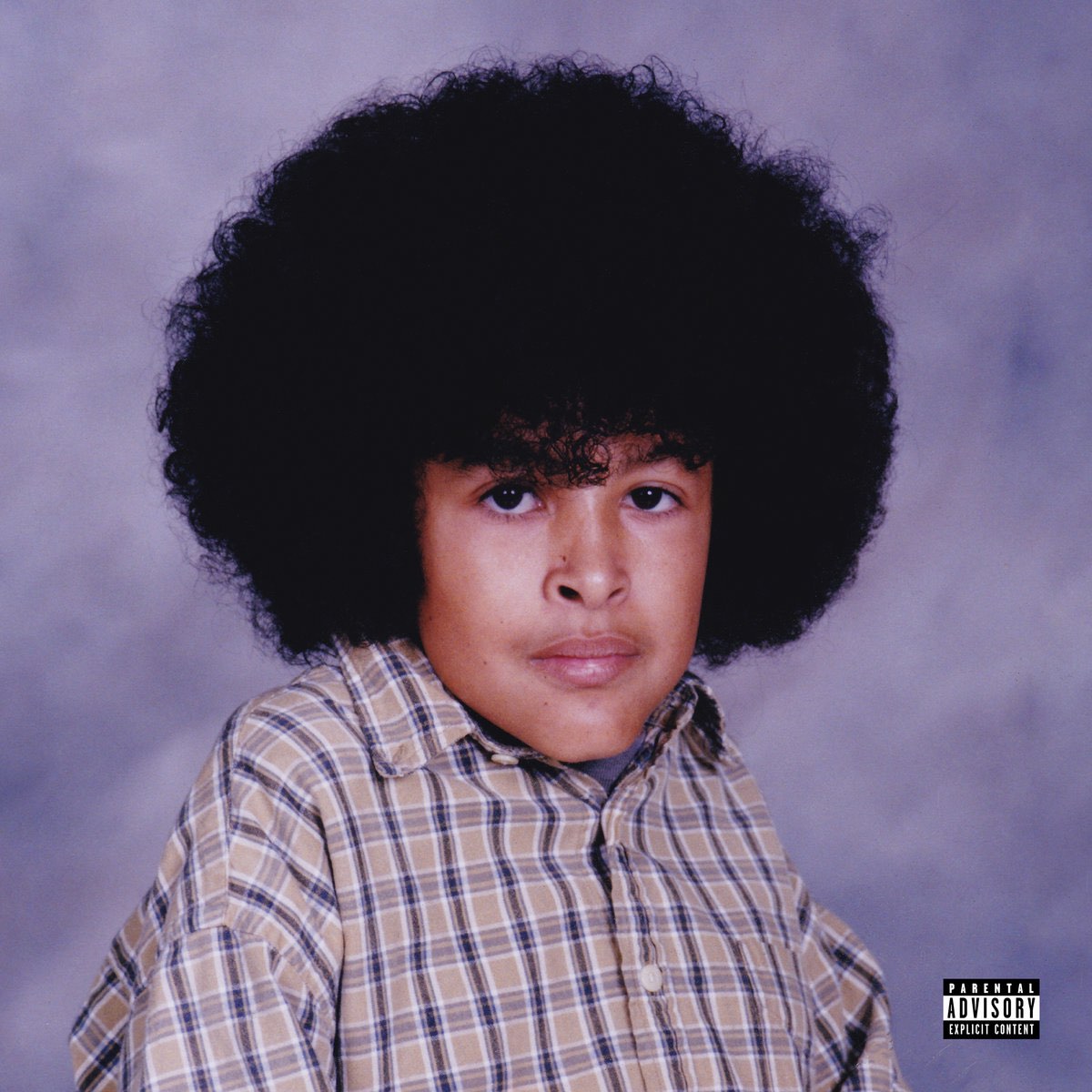Cola Boyy
Quit to Play Chess
RECORD MAKERS
ABOVE THE CURRENT
When I interviewed Matthew Urango in 2019, I found a man primed to discuss ideas of inclusion long before “inclusivity” became a cause célèbre. With great ferocity mixed with humor and missions of abling the disabled and raising a fist for his Afro-Latino immigrant brethren, the artist also known as Cola Boyy showed off all sides of his personality and politics. He came up as an emboldened punk-rock youth in Oxnard with left-wing activism as a part of his recommended daily diet: he was an organizer for Todo Poder al Pueblo and its immigrant worker advocacy and a member of the Anarchist People of Color, where he created free events for audiences of all ages. Urango may have created his own briskly melodic, undeniably unique brand of neon-colored, spaced-out disco-funk as a bedroom producer, vocalist, and multi-instrumentalist, but really, he was an activist first with music-making but one aspect of that risible militancy—something that didn’t quit just because his heart did.
To celebrate Cola Boyy’s life, the anniversary of his death (Urango died March 17, 2024, the day he delivered this album to his label), and his surprise dedication to Dada and its most provocative artist, we now have Quit to Play Chess. Titled after Marcel Duchamp’s retirement wish, and co-created with collaborators such Lewis OfMan, MGMT’s Andrew VanWyngarden, and pop producers Jared Solomon and Nate Fox, this sophomore record still bristles with Cola Boyy’s cotton-candied disco and its jungle-based update on tracks such as the Wiki-featuring “800MPH.” But there’s so much more to this album than expected—the psychedelic hip-hop of “Red Carpet,” the hedonistic, Hennesy-fueled soul of “Babylon,” the ruminatingly sunshiny “Wave.” You’ll miss Cola Boyy all the more.
The surprise of “Wave,” with its giddy summer-fest funk and poignant thought-bubble lyrics, opens the floodgates to all that Cola Boyy could do: the dense R&B of “Walk Again,” the protest-pop of “Heroes and Villains.” On “Busy,” Cola even sing-speaks his way through a Barry White–like reverie in blue with vocalist Erosika and a story of a producer working his way through a deadline’s worth of dance tracks while maintaining a healthy romantic relationship. In a weird way, “Busy” could be this album’s defining anthem—perhaps Cola Boyy knew what time he had left and created with it a masterpiece.







